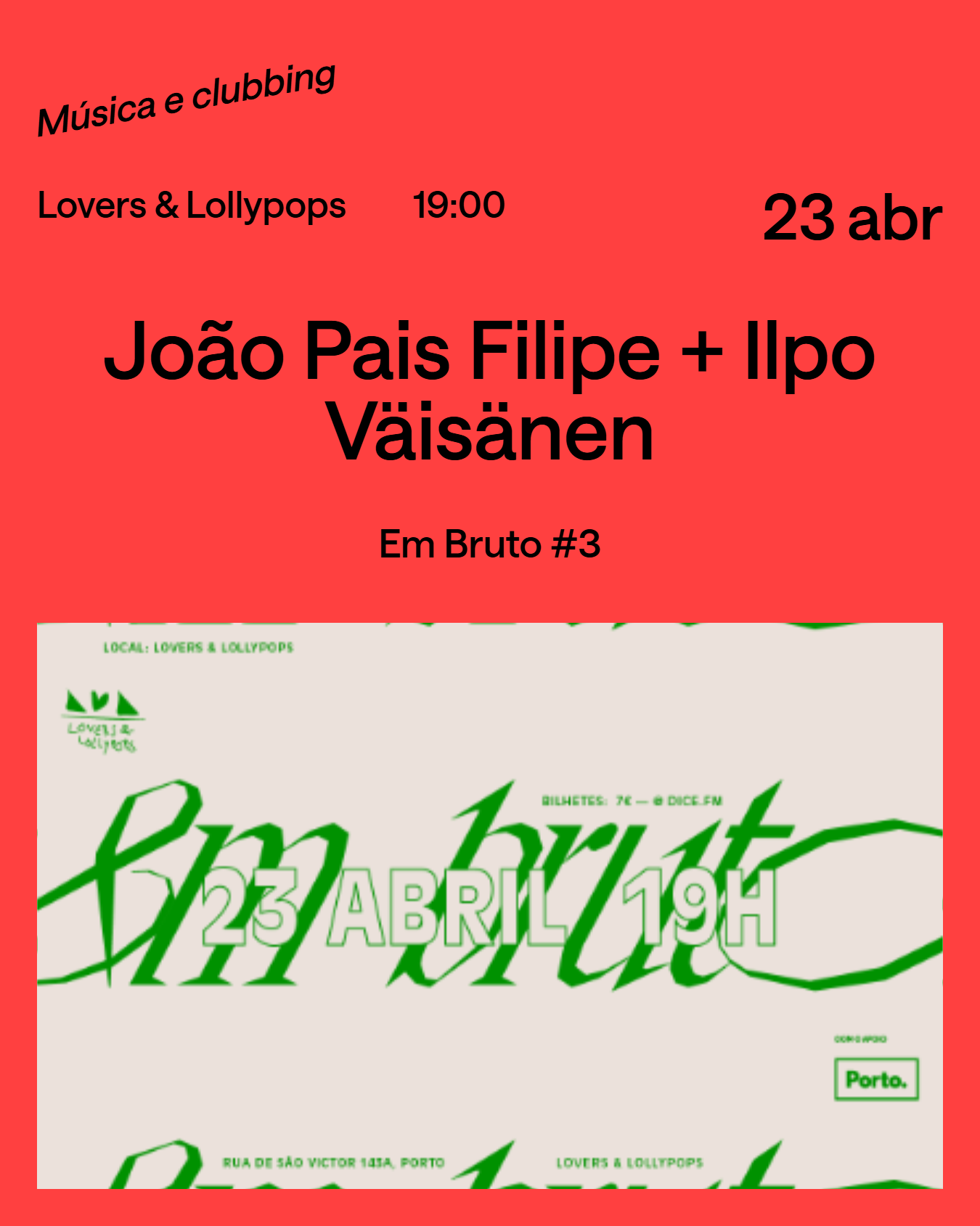EN

João Pais Filipe has a long career that spans different styles - from solo work to groups like HHY & The Macumbas - but always with a feverish focus: percussion, and the limits of the possibilities of rhythm. While most musicians stick to the classic four beats per bar, João Pais Filipe has been searching the world's musical tradition for extreme cases of structurally challenging rhythms. We spoke to him in his studio about the recently released “Teocalli” and the concert he'll be giving with Ilpo Väisänen at Lovers & Lollypops.
João Pais Filipe is a musician from Porto. Although he graduated from the Faculty of Fine Arts at the University of Porto, he followed a different path. As he himself says, “most people who do Fine Arts end up working in other things”. Before, during and after Fine Arts there was already a complete dedication to percussion - but Fine Arts remained the work in the hand creation of gongs and bells, which are “an important visual component in a live performance, but which also bring something different to the sound, due to their shape and composition”.
Thus, the title of “sound sculptor” fits João Pais Filipe like a tanned skin and he recalls that “all this was born out of wanting to try new sounds”. “I started molding old drum cymbals I had at home to get strange sounds out of them, and even supposedly bad ones, but which I liked,” he says.
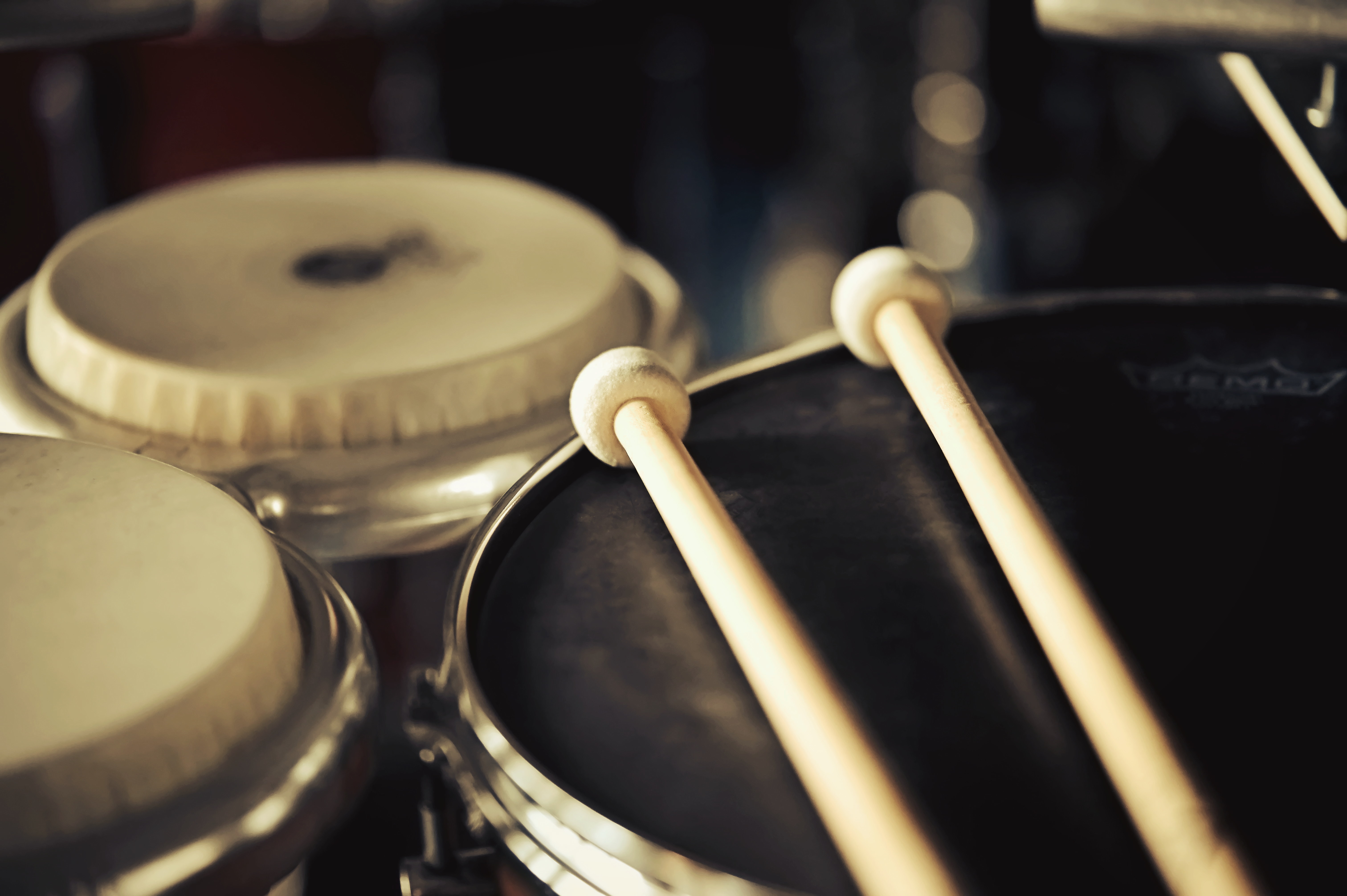
© Rui Meireles
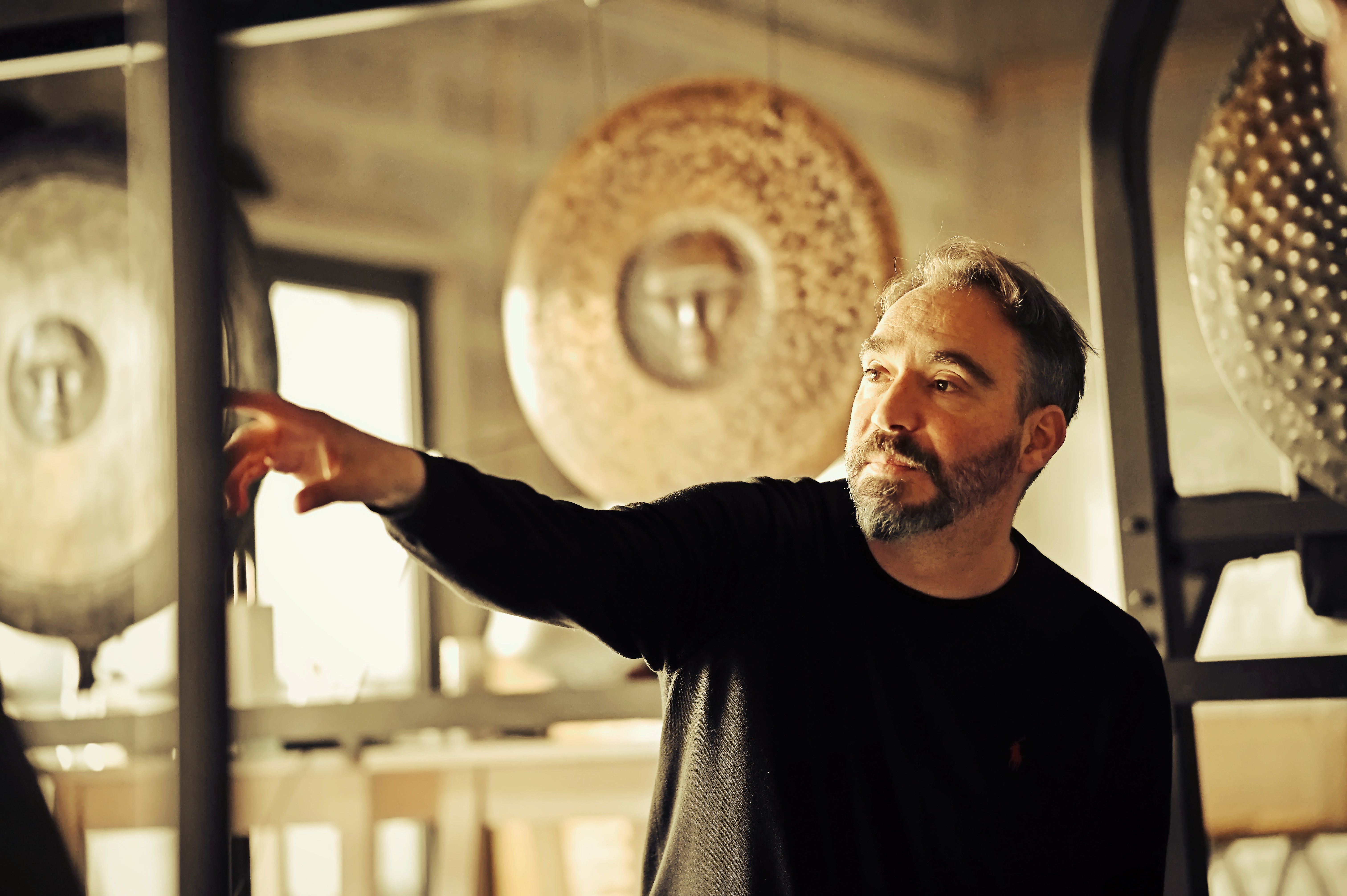
© Rui Meireles
This sculpture, in addition to the literal creation of copper and nickel-plated silver instruments, is guided by an anthropology of rhythms that stretches back to the beginning of his musical career: "I started collecting a lot of records of world music, and I also studied some African and Middle Eastern traditions. I began to realize that, rhythmically speaking, the richness was much greater than here in the West."
“Here, everything is in 4/4 time, but in Turkey, for example, the bars are in nine beats; it's very strange for us to be dancing in bars of 9,” he says. This exploration of other sounds has radically influenced the compositions that João argues are not about "virtuosity", but rather "ways of transporting ourselves to a different vision of the world".
This “different view of the world” has been combined with the world of the moving image with “Teocalli”, the album released on April 7. This album refers to the work commissioned in 2024 to João Pais Filipe by the Batalha Centro de Cinema: to set the film “Teocalli” by the Mexican collective Los Ingrávidos to live music. Putting music to a frenetic film that draws on the imagery of the Nahuatl culture, of the Aztec people, was a challenge of its own: “I had a dilemma because the film is all very fast, it's shot in 16 millimeters, super frenetic; it doesn't stop.”
So, rather than making cuts and marking what appeared on the screen, and after consulting his director friend Mónica Baptista, João decided to play, without interruption, for the 40 minutes of the short film - in a “mixture of composition and improvisation”. Although it can live apart from the film, the album, now released, has not been completely separated from it, having been designed to be based on its duration, and it is even planned to show the film at record presentations.
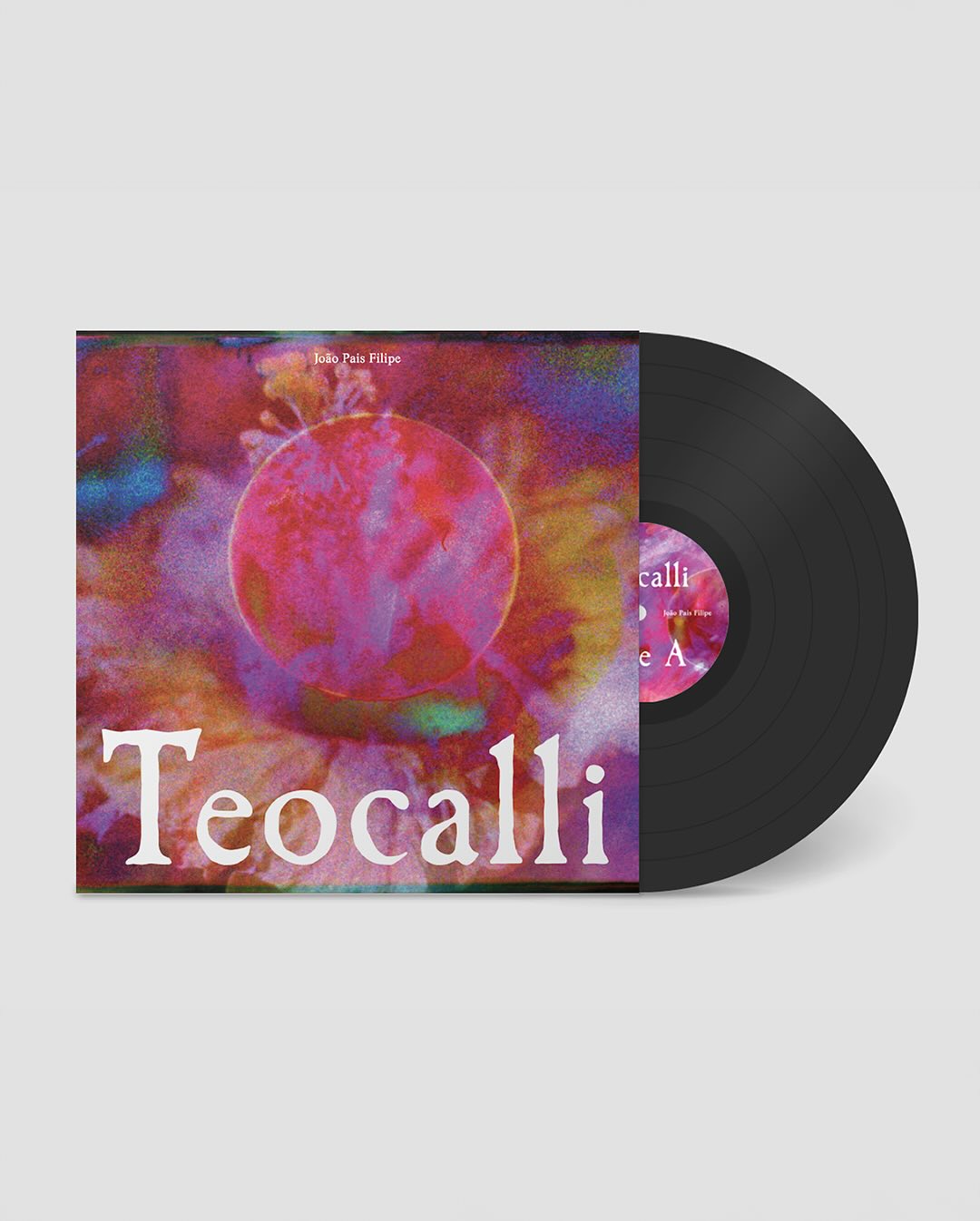
The presentation of “Teocalli” in Porto has not yet been scheduled, but in the meantime, this month, João Pais Filipe will have the opportunity to go on stage with an idol of his. On April 23, at Lovers & Lollypops, he will play with Ilpo Väisänen, founding member of the Finnish experimental music band Pan Sonic. This concert will be the culmination of a week-long artistic residency at the label this month. João confesses that he has always been a fan of Pan Sonic, so this concert will be “something quite special”. “I'm still stunned when I think about it,” he confesses.
João can't say anything about the concert itself, as nothing is prepared in advance; everything will be generated during the residency. But he does say: “Ilpo also only works with analog materials.”
Regarding the future, João Pais Filipe confesses that he feels he is “in a phase of change”. “I don't really know where I'm going yet; I feel I've finished the rhythmic research phase.” An album will soon be released as part of this research, where João feels he has worked the theme to exhaustion, exploring “irregular numbers” in the rhythmic cadence: “All the prime numbers; I think the highest number I've explored in bars is already 101, which is very high.”
In the near future, he feels like moving on to “a more melodic exploration, perhaps with pipes”. This work, he guarantees, will be done in continuity with the exploration he has done so far - ensuring that his discography is divisible only by itself, and by unity.
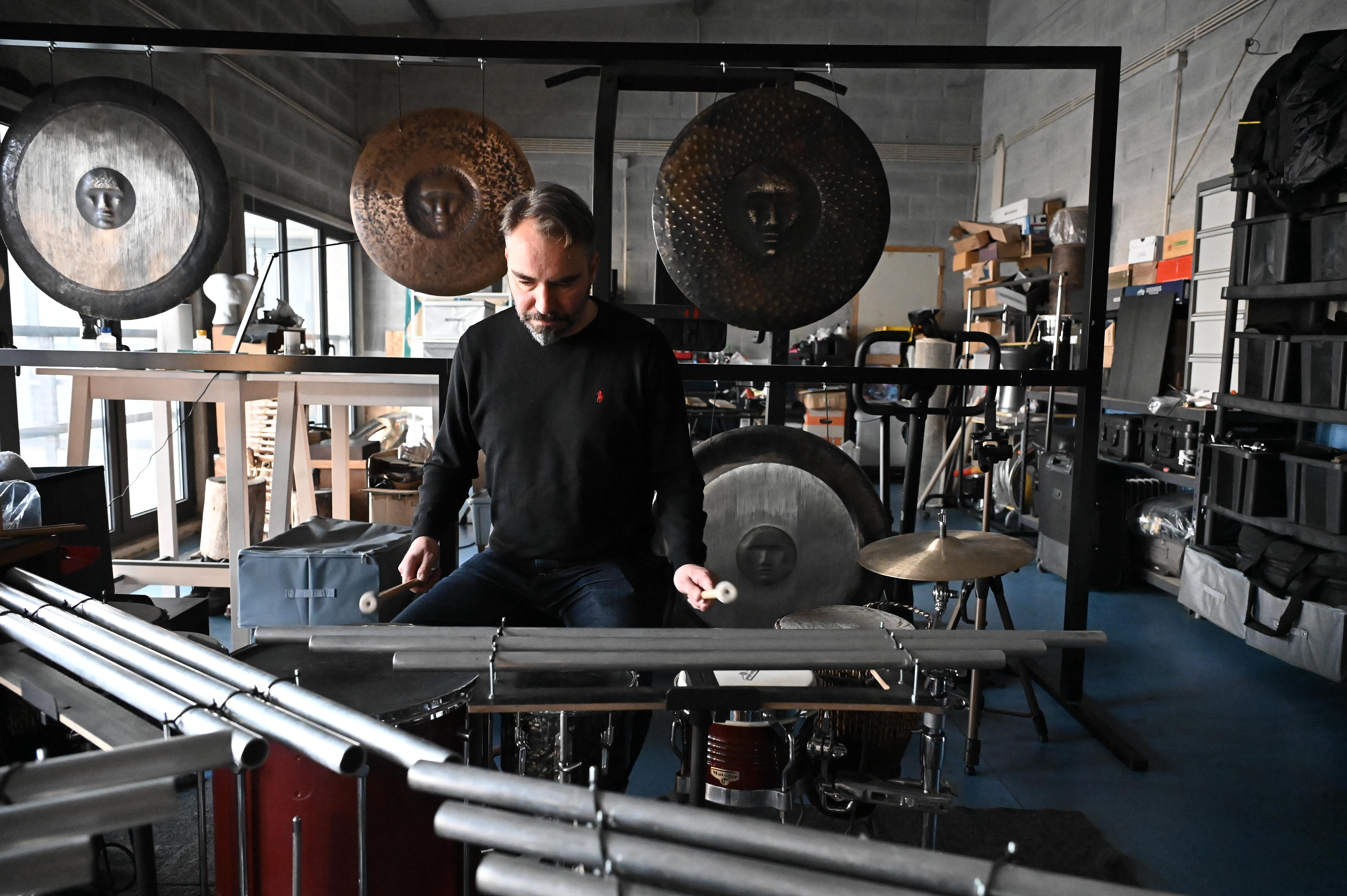
Share
FB
X
WA
LINK
Relacionados



